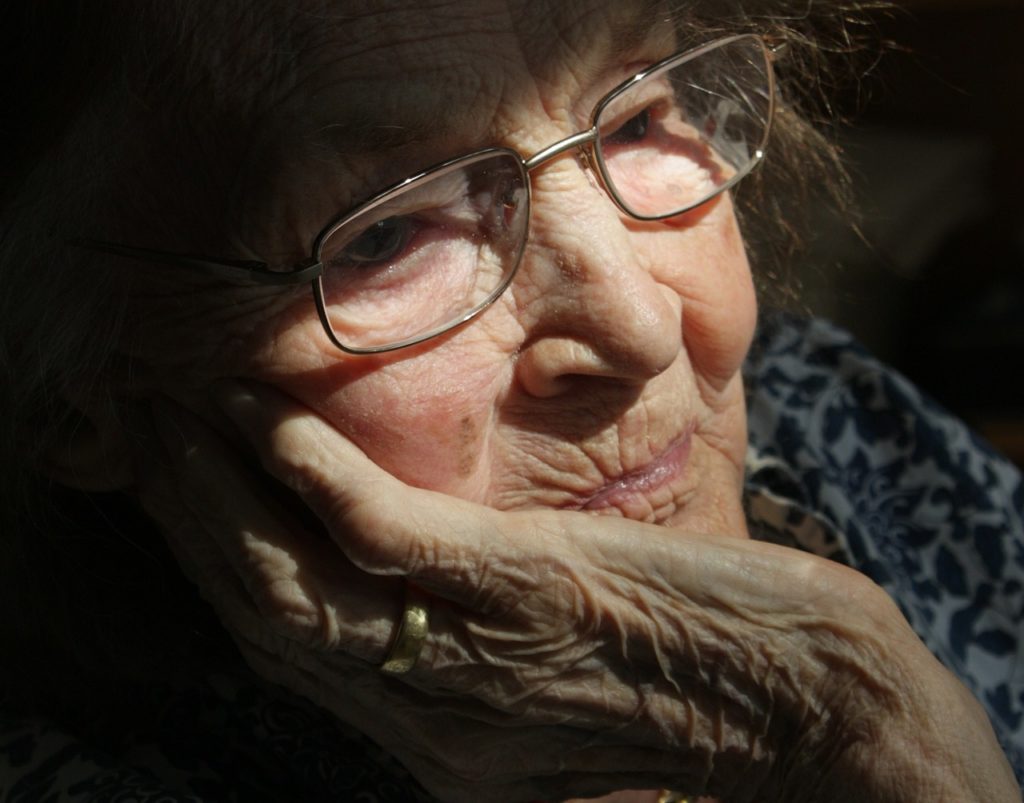When your loved ones live in a nursing home, you expect them to be well taken care of. Sadly, it often happens that this is not the case. Neglect in nursing homes is a serious problem that affects thousands of residents each year.
Let’s be clear first – neglect is not the same as abuse. Abuse is the intentional infliction of harm or pain, while neglect can occur due to carelessness, lack of staff or inadequate training and knowledge which can lead to emotional, physical or financial consequences.
Families entrust their care to the facility and caregivers, thus giving them their trust, which in such situations can be violated – by direct or indirect fault, but it is violated. It is important to know how to recognize it and what to do in such a situation in order to maintain the safety and dignity of the resident.
Step 1: Recognize the Signs of Nursing Home Neglect
The Illinois Department of Public Health (IPDH) states that nursing home neglect in Joliet, Illinois is a significant problem, and approximately 1,200 facilities are under surveillance and subject to regular inspections. Also, quarterly reports are published for institutions that don’t meet the standards of care.
Neglect of residents in nursing homes can occur in different forms and often appears gradually, which is why very early detection is crucial in order to be able to react in time and before permanent consequences have occurred.
Physical Indicators
When you come to visit, pay attention to the physical condition of the resident. If you notice any bruises, cuts, or fractures, these may indicate a lack of supervision or neglect. Weight loss and dehydration are also (possible) signs of neglect that could lead to even bigger problems. Pressure ulcers can also be common and they appear if the person is immobile, lies down a lot or because of poor hygiene. In that situation, you can ask for the placement of an anti-decubitus mattress.
Emotional and Behavioral Changes
If you see your loved ones sad or having changed behavior, it’s likely that things aren’t quite right. Talk to them because situations of neglect or isolation can lead to depression or anxiety. It is also possible that they themselves avoid the staff if they feel fear or inappropriate behavior. In any case, this type of change can be worse than the physical one if not reacted to.
Environmental Red Flags
Maybe the first thing you will notice is dirt and unhygienic conditions – both in the room and in your loved ones. This is an immediate warning sign because everyone deserves human living conditions.
Financial Exploitation
The elderly usually give bank cards to their relatives, but sometimes this is not the case. If possible, monitor the transactions so that there are no “unusual activities” in the sense of abuse (you wouldn’t believe it, but it’s possible). Also, check their personal belongings from time to time, just in case.
Step 2: Document Evidence of Neglect
If you detect any irregularities or specific neglect, collect concrete evidence because they will increase the success of the outcome.
To begin with, create an incident “log” in terms of dates and details of suspicious incidents with names of staff and conversations you had. You can document injuries and unsanitary conditions with photographs so that they don’t later fix the damage and claim it never happened. But – follow the legal guidelines when taking photos. As additional evidence, collect medical documentation and care notes from the facility. If you had communication via emails or messages, you can also attach that as an attempt to react.
Step 3: File a Formal Complaint
Once you’ve gathered all the evidence, it’s time for “action”. Each state has its own laws and frameworks within which it can and must act. It’s best to contact the governing agency of the state where the nursing home is located.
Here are a few examples of what you’re looking at:
| City/State | Governing Agency | Contact Info |
| Utica, NY | NY State Department of Health (NYSDOH) | (518) 474-8583 / dos.ny.gov |
| Oakland, CA | CA Dept. of Public Health (CDPH) | (916) 440-7360 www.cdph.ca.gov |
| Topeka, KS | Kansas Dept. for Aging & Disability Services (KDADS) | 785-296-4986 / kdads.ks.gov / kdads.wwwmail@ks.gov |
| Joliet, IL | Illinois Department of Public Health (IDPH) | 800-252-4343 / dph.illinois.gov / dph.ccr@illinois.gov |
The best approach, before taking any other action with governing agencies, is to contact a lawyer who specializes in nursing home cases. A nursing home abuse lawyer in Joliet, IL will be better suited to the laws and regulations of the state of Illinois, while a nursing home lawyer from California, will know the laws and regulations in such cases specific to that particular state. Each state might have different laws, so contacting an expert attorney should be your first action.
Once the attorney has given you the green light and the legal roadmap to follow, you can continue with all the other (following) steps.
It’s definitely necessary to inform the administration of the nursing home about neglect and any other irregularities by writing an official letter or appeal in which you ask for a written answer. If that’s not enough, feel free to contact the agencies (Centers for Medicare & Medicaid Services (CMS)) that monitor the work of nursing homes and your local Adult Protective Services (APS).
Conclusion
When you place your loved ones in a home, you want the best possible conditions and care for them. After all, who would want their loved one to be unhappy or neglected?!
So when you come to visit, keep your eyes open and document anything suspicious, of course following the rules. Reporting neglect is a key step towards the protection and well-being of the elderly and infirm, and the general improvement of conditions in the facilities.
Be persistent because your actions can save and improve the lives and care of residents in nursing homes. Be their voice.

